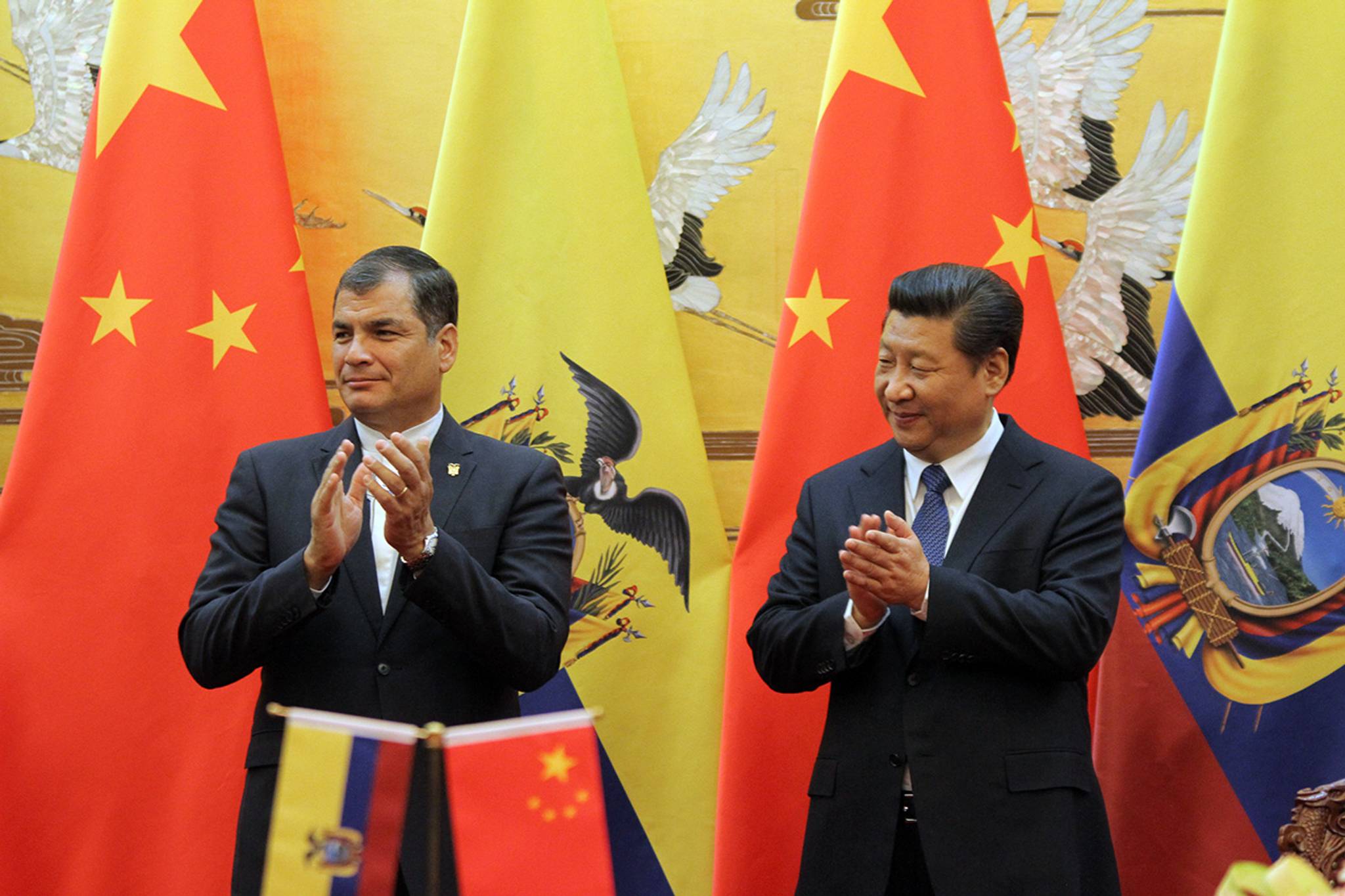
In honour of a distinctly antisocial Finnish comic book character, people in China are identifying as jingfen, meaning ‘spiritually Finnish’. Among young people who feel alienated by their own national identity tropes, there’s a sense of solace and community in nations that prize solitude. We explore the insights behind the cross-cultural appeal of a glum stick figure.
Matti, the central character of the comic Finnish Nightmares, is a beacon of introversion and social awkwardness. He cherishes his own personal space, and fears being forced into social interaction. When the comic – along with a photo of decidedly anti-social Finnish public seating – surfaced on Chinese social media, the term jingfen, or ‘spiritually Finnish’, went viral among Chinese people who identify with Finland’s solitary national persona. ‘The most desirable migration destination for people with social phobia,’ says the most popular comment on the photo, which shows a number of single occupant seats all facing in different directions.

Why is a moody Nordic stick figure taking on cult status in China and spawning a new buzzword? China’s own state-prescribed national identity – one that emphasises collective pride – doesn’t always resonate with Chinese Gen Yers’ experience of society. “The elderly boom, the gender imbalance, the labour shortage versus automation, wealth inequality... today's kids have to deal with all that and more in China, besides having to take over the broken-down dreams of their parents,” explains Charles Liu, digital culture journalist at The Beijinger.
In light of their grievances with their current state of affairs, many of the nation’s young people are more prone to embracing misery, identifying as losers, and using memes to convey their sense of hopelessness than toeing the party line. Given that some of Finland's myths of national identity centre around insularity, antisocial inclinations, and a love of personal space, this less glossy vision is resonating with China’s youth.
Mira Kopolovic is a behavioural analyst at Canvas8, which specialises in behavioural insights and consumer research. She has a Master’s degree in creative industries, which focused on artist-brand collaborations, and spends her spare time poring over dystopian literature.



